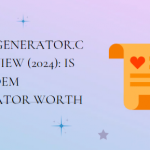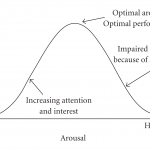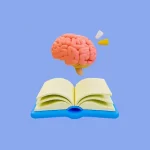Have you ever struggled to come up with a poem? Maybe you have a brilliant concept, but you’re having trouble finding the right words. In this blog post, we’ll examine Poemsgenerator.com, a free online program that generates poetry for you based on your own keywords through artificial intelligence. We’ll look at its features, the …
Continue reading “Poemsgenerator.com Review (2024): Is this Poem Generator Worth It?”










